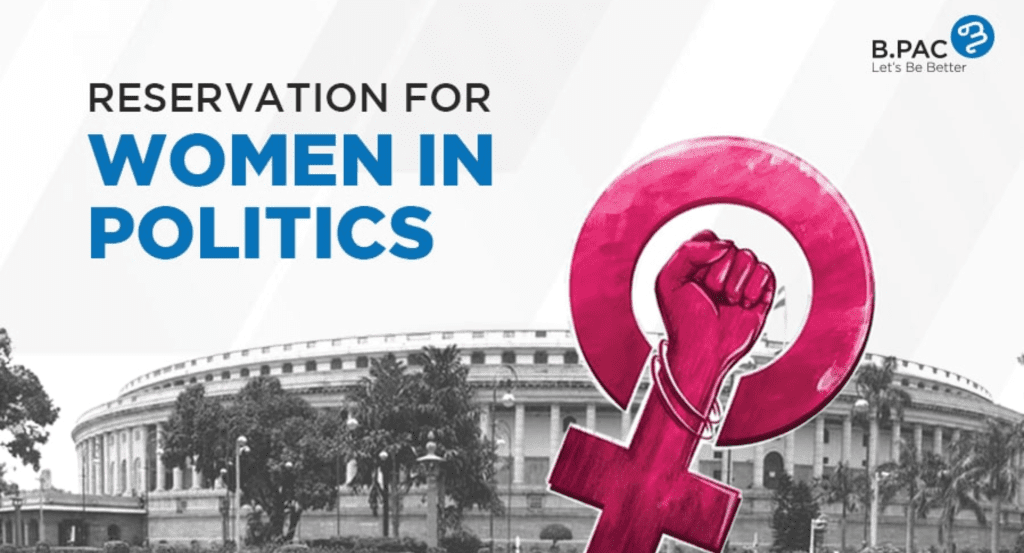The Federal Government of Nigeria has issued stern warnings to state governors and other officials over actions that undermine local government autonomy. Abubakar Malami, the Attorney-General of the Federation (AGF), declared that any attempts to tamper with local government funds or enact laws circumventing the Supreme Court’s judgment on local government autonomy will face legal consequences.
The Supreme Court recently ruled in favor of strengthening the autonomy of local governments, granting them direct access to federal allocations without interference from state governments. This ruling aims to promote effective governance and development at the grassroots level. However, reports have surfaced of some states enacting laws to bypass this decision.
Malami, through the Minister of Justice, Lateef Fagbemi, described any tampering with local government allocations as an impeachable offense and a violation of the Constitution. He emphasized that local governments are entitled to manage their funds independently as stipulated by law.
Fagbemi warned governors against enacting laws or policies that hinder local governments from exercising their financial autonomy. He stated that such actions could lead to contempt charges and other legal repercussions, including possible impeachment.
The Federal Government has threatened to file contempt suits against state governors found violating the Supreme Court’s ruling. The AGF noted that this move is necessary to uphold the rule of law and ensure accountability in the management of public funds.
Fagbemi further clarified that the government’s resolve is not aimed at antagonizing governors but at ensuring compliance with judicial decisions. “This administration will not tolerate any act that sabotages grassroots development,” he said.
The directive has drawn praise from civil society organizations and local government associations, who view it as a step toward enhancing grassroots governance. Advocacy groups have called for strict monitoring mechanisms to ensure compliance and prevent further violations.
However, some governors have expressed concerns over the direct allocation model, citing the need for coordinated financial management. These concerns have raised debates on the balance between local government autonomy and state-level oversight.
As the Federal Government tightens its stance, the spotlight remains on the implementation of this directive and its potential impact on grassroots development across the country.























